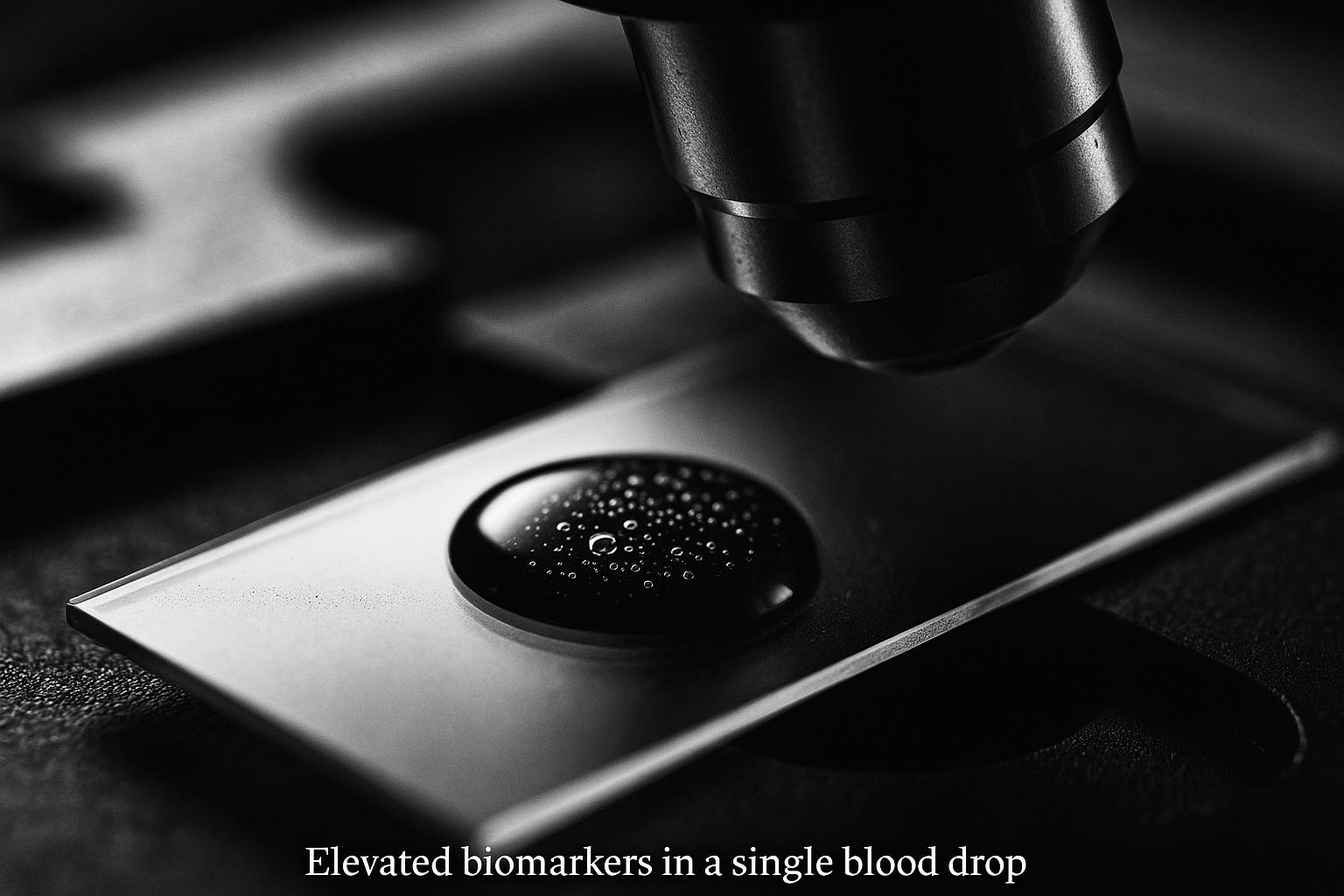A groundbreaking blood test that screens for over 50 types of cancer is showing promising results in its ability to detect the disease early and accurately, according to recent findings from a major study. The test, called Galleri, has been trialled in the NHS and elsewhere, and works by detecting fragments of tumour DNA shed into the bloodstream, often before symptoms arise.
The latest data, from the Pathfinder 2 study involving more than 23,000 asymptomatic individuals in the US and Canada, shows that the Galleri test identified a "cancer signal" in 216 people, with 61.6% of them then confirmed to have cancer. Importantly, over half of the cancers detected were in the earliest stages (I or II), when treatment outcomes tend to be far better. The test also demonstrated a high specificity rate of 99.6%, meaning it rarely produces false positives in people without cancer. In 92% of positive cases, Galleri could accurately pinpoint the organ or tissue from which the cancer originated, potentially streamlining diagnostic procedures and saving costs on additional scans.
Sir Harpal Kumar, president of International Business and BioPharma at Grail—the biotech company that developed Galleri—and former head of Cancer Research UK, described the results as "impressive" and a significant leap towards transforming cancer outcomes. He highlighted that adding Galleri to current standard screening programmes in the US led to a more than seven-fold increase in the number of cancers detected within a year compared to existing methods alone. This is especially relevant for cancers such as pancreatic, head and neck, liver, and ovarian cancers, which typically lack effective screening options and are often diagnosed late.
While the study focused on populations without symptoms, the NHS trial of Galleri currently underway aims to provide similar data for the UK population, with results expected next year. Sir Harpal expressed optimism that, pending positive outcomes, the NHS would swiftly begin evaluating the test for broader implementation, potentially offering an annual blood test starting at age 50—when cancer incidence rises sharply. He also noted the test's utility in patients with vague symptoms, aiding clinicians in directing diagnostic investigations more efficiently, an important consideration given limited healthcare resources.
However, some experts have urged caution and called for more data confirming that earlier detection through Galleri translates into reduced cancer mortality. Professor Clare Turnbull from the Institute of Cancer Research, London, emphasised the need for evidence on death rate reduction, while Professor Nitzan Rosenfeld from Barts Cancer Institute called the results "impressive" but noted the importance of longer-term mortality outcomes. Anna Schuh, a professor of molecular diagnostics at the University of Oxford, pointed out that around 40% of positive Galleri tests might be false positives and expressed reservations over the test’s overall cost-effectiveness within the NHS, given lower sensitivity in some cancer types.
Grail is preparing to file for FDA approval of the Galleri test, buoyed by the improved positive predictive value and consistent high specificity demonstrated in the Pathfinder 2 study. The company reports no serious safety concerns identified to date, reinforcing the test’s promise as a powerful tool in cancer screening. With around three-quarters of detected cancers lacking recommended screening tests today, the ability to spot these diseases earlier could represent a major advance in oncology.
If future data confirm that Galleri can reduce late-stage diagnoses and cancer deaths significantly, it may well change the landscape of cancer detection and treatment, offering hope for better outcomes through earlier intervention.
📌 Reference Map:
- Paragraph 1 – [1], [2], [3]
- Paragraph 2 – [1], [2]
- Paragraph 3 – [1]
- Paragraph 4 – [1]
- Paragraph 5 – [1], [4]
- Paragraph 6 – [1], [5]
- Paragraph 7 – [1], [3], [6], [7]
Source: Noah Wire Services
